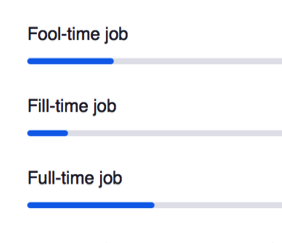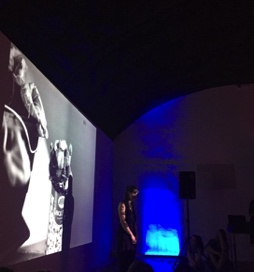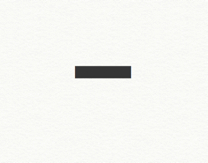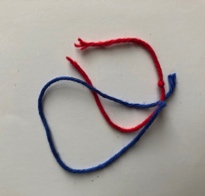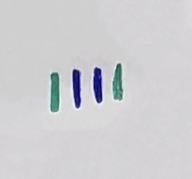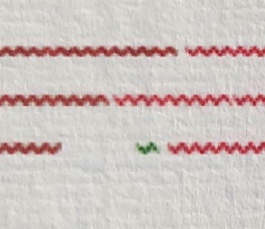Some recent examples of this enquiry has been through,
Coming up with online ice-breaker poll activities during our union's open meetings after reflecting on the particular loss of sense of time in lockdowns and problematic employment models;
Texting with a friend about who/how I am? and making a knot video about it, or even creating this website...
I like working with difficult topics (especially when they are elephants in the room) and feelings (when they are all a bit wriggly and not straight-forward), anxieties and discomfort. I put them in a knot (literally, visually, sonically) and acknowledge them through bending of the language at hand.
Language is alive/its own thing, but it is also apply-able and the series "to be or knot to be" tries to give some of these topics and feelings new lives, make the always present, but not present-ed feelings/senses/experiences visible, including those forces inherent in and with language.
I am an artist-educator, consistently puzzled and fascinated by various questions, problems and tensions around language and expression.
With a particular interest in the unintentional and the accidental aspects of language in the context of social communication, I enjoy tuning into sensory and material qualities of speech and written word, as well as paralinguistics, which are not typically associated with "intelligence," reasoning, control or intent.
Drawing from my background in linguistics, visual communication design and pedagogy, I am inspired to enable their performativity further in speculative, interdisciplinary and usually collaborative ways.
I have been finding that this provides helpful grounds to catalyse conversations in engaging ways, have a second go at situations in which established modes of communication don't suffice in capturing states of being, challenge assumptions, and shift hierarchies.
Especially, since human language is commonly taken as a marker for the uniqueness and superiority of the human species (in the societies I lived), this enquiry becomes pertinent when questioning how this understanding plays out in our perceptions of and engagements with other living forms and more-than-human worlds?
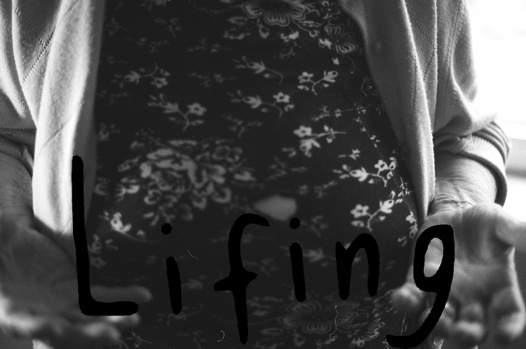
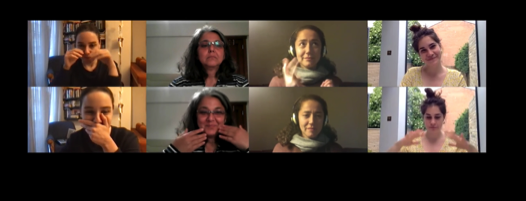
organising an event to translate the nonce word "lifing" from English to Turkish (with the event itself being taken as the translation of the word and its story, p.8-10 on the link above)
running an online study group that scrutinised the relationship between human exceptionalism and human language, and doing various social communication experiments (more info coming soon)
